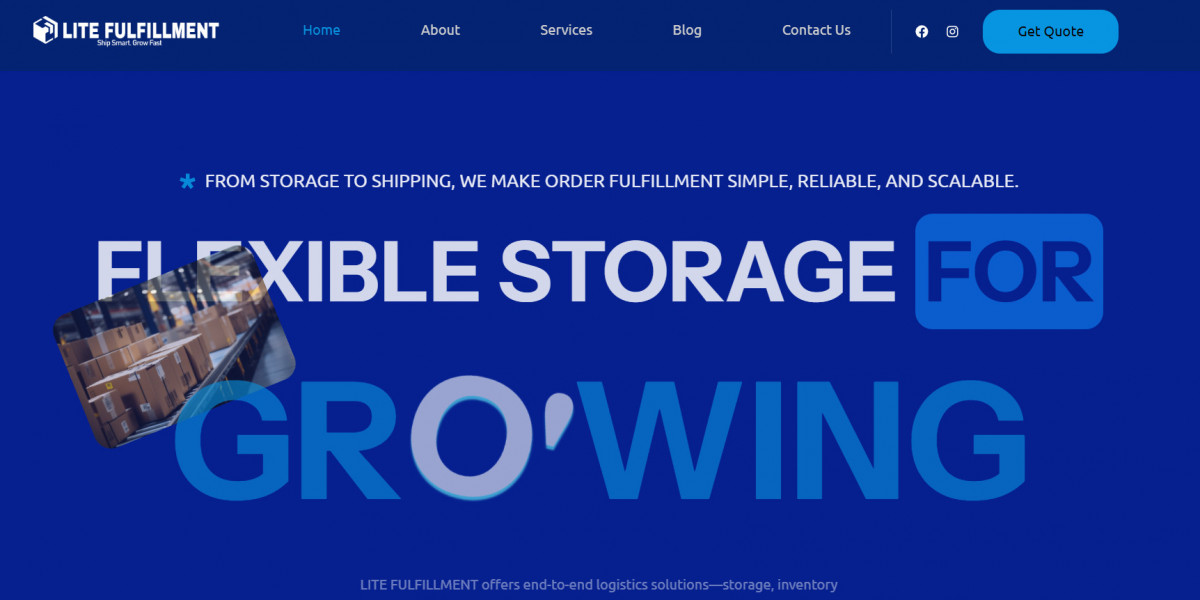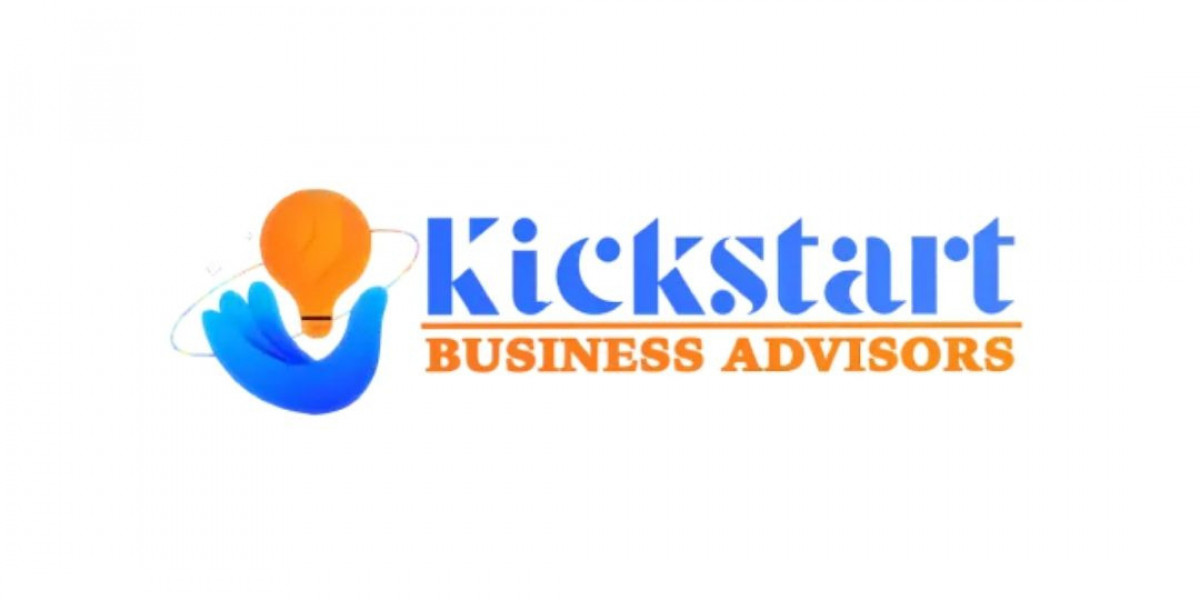However, before products reach Amazon’s fulfillment centers, they must undergo a preparation process that meets strict requirements. This guide will take you through what Amazon FBA Prep entails, why it is essential, and how to approach it to maintain smooth operations.
Understanding Amazon FBA Prep
At its core, Amazon FBA Prep ensures that every product shipped to Amazon complies with the platform’s standards. This process helps prevent shipment rejections, reduces the chances of inventory damage, and guarantees a smooth transition into Amazon’s logistics network. Preparation is not limited to just labeling items—it involves multiple steps, from packaging and bundling to inspection and quality checks. Every product, depending on its category and characteristics, might require a unique preparation approach.
The FBA prep process often includes:
Labeling – Every item sent to an Amazon fulfillment center must have a scannable barcode, usually an Amazon FNSKU. This barcode links the item to your seller account and ensures accurate tracking throughout Amazon’s network. Labeling must be precise, clear, and applied to the correct surface to avoid scanning errors.
Packaging – Products must be packaged to prevent damage during transit and storage. This may include poly bags, bubble wrap, or boxes depending on the type of product. Certain items, such as liquids or fragile materials, have stricter packaging requirements to meet safety standards. Packaging must also comply with Amazon’s dimensions and weight limits to prevent additional fees or delays.
Bundling and Sets – If selling multiple products as a single unit or set, Amazon requires that items be securely bundled and clearly represented in the listing. Each bundle should have a unique FNSKU label and be packaged in a way that prevents individual components from being separated or damaged.
Inspection and Quality Control – Before shipment, sellers must inspect products to ensure they meet quality standards. Any damaged or non-compliant items should be removed from the shipment to avoid potential penalties or returns. Amazon can reject shipments that do not meet its quality expectations, making this step critical for smooth operations.
Poly Bag Requirements – Certain products must be placed in poly bags with suffocation warnings printed on the exterior. Bags must meet Amazon’s thickness specifications and be sealed properly. These are particularly important for clothing, soft goods, and small loose items.
Outsourcing Amazon FBA Prep
Many sellers choose to outsource their FBA prep to specialized service providers. These third-party prep centers handle all the requirements on behalf of the seller, including labeling, packaging, and inspection. Outsourcing can save time, reduce mistakes, and allow sellers to focus on other aspects of their business such as marketing and inventory management.
Prep centers often have experience with Amazon’s changing policies, ensuring that shipments comply with the latest guidelines. They can also handle bulk shipments, reducing the logistical complexity of sending large inventories to multiple fulfillment centers. Choosing a reliable prep service can significantly improve the efficiency of your Amazon business.
Amazon FBA Prep for International Sellers
For international sellers, prep becomes even more critical. Products shipped from overseas must meet both Amazon’s FBA requirements and the import regulations of the destination country. This includes accurate labeling, proper packaging, and any necessary documentation for customs clearance. Failing to adhere to these standards can result in shipment delays, additional fees, or product returns.
International sellers often rely on prep services that provide storage and consolidation near Amazon fulfillment centers. This allows them to ship products in bulk from their country of origin, have them prepped locally, and then distributed to Amazon warehouses efficiently.
Common Challenges in Amazon FBA Prep
While preparation seems straightforward, several challenges can complicate the process:
Labeling errors: Misplaced or missing labels can cause items to be rejected.
Inconsistent packaging: Products packed incorrectly may be damaged or returned.
Non-compliance with poly bag rules: Using the wrong size, thickness, or missing warnings can result in penalties.
Inspection lapses: Overlooking defects can lead to negative reviews or costly returns.
Shipping delays: Late prep can delay inventory arrival, affecting stock levels and sales performance.
These challenges highlight why careful attention to detail in Amazon FBA Prep is essential. Preparing products meticulously reduces the likelihood of errors, saves costs, and ensures a smoother seller experience.
Best Practices for Amazon FBA Prep
To optimize your prep process, sellers should adopt a systematic approach:
Understand Amazon’s requirements for each product category and update prep processes when policies change.
Create a checklist for labeling, packaging, and inspection to standardize operations.
Train team members or prep centers thoroughly to minimize mistakes.
Use quality materials for packaging and labeling to prevent damage during transit.
Track shipments closely from your warehouse to the fulfillment center to identify potential issues early.
By implementing structured practices, sellers can streamline their operations and maintain high standards across all FBA shipments.
The Role of Technology in FBA Prep
Software tools play a significant role in Amazon FBA Prep. Inventory management systems, labeling software, and shipment tracking applications can automate several aspects of the prep process. For example, automated labeling software reduces the risk of human error, while inventory systems ensure accurate stock counts and product tracking. Sellers who integrate technology into their prep process can achieve higher efficiency and reduce operational bottlenecks.
Promoting Your Business Through Efficient Prep
While FBA Prep primarily focuses on logistics and compliance, it indirectly impacts sales and customer satisfaction. Products that arrive in perfect condition with accurate labeling and packaging enhance the buyer experience. Satisfied customers leave positive reviews, increase repeat purchases, and improve seller rankings on Amazon. Investing time and resources into proper FBA Prep can, therefore, contribute to long-term business growth.
Final Thoughts
Amazon FBA Prep is more than just a preliminary step in selling; it is a foundational process that ensures smooth operations, compliance with platform standards, and overall business efficiency. From labeling and packaging to inspection and shipping coordination, each aspect of prep is crucial for success on Amazon. Whether handling prep internally or outsourcing to professional service providers, maintaining high standards can prevent costly errors and enhance the customer experience. Sellers who approach FBA Prep strategically position themselves for seamless operations, reliable inventory management, and consistent growth within the competitive Amazon marketplace.








